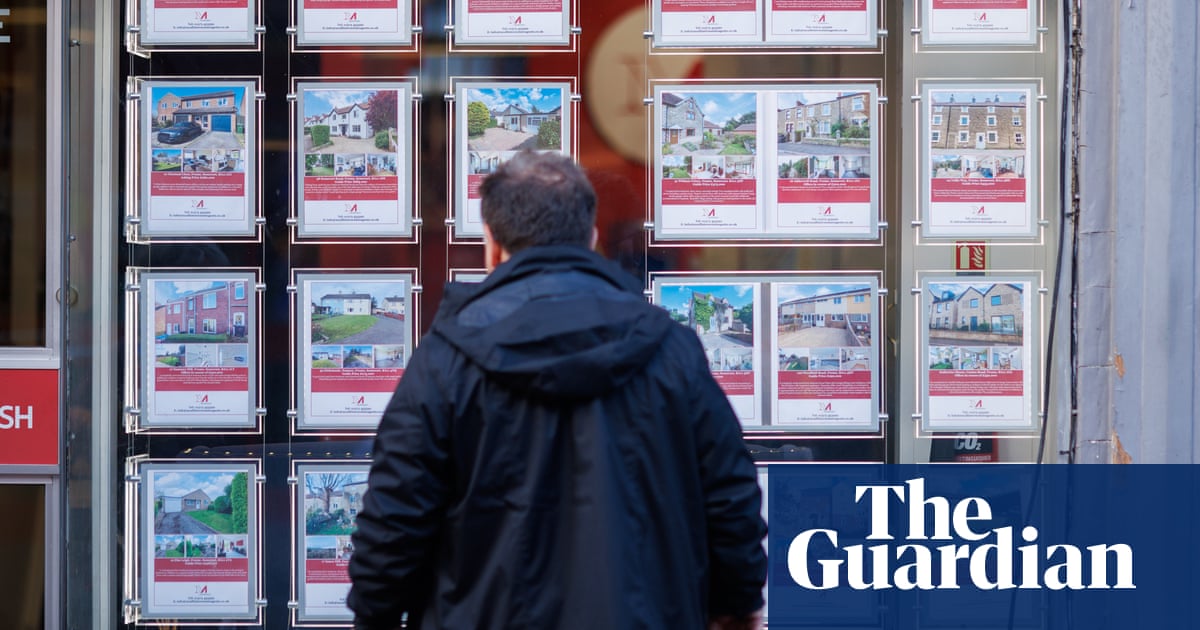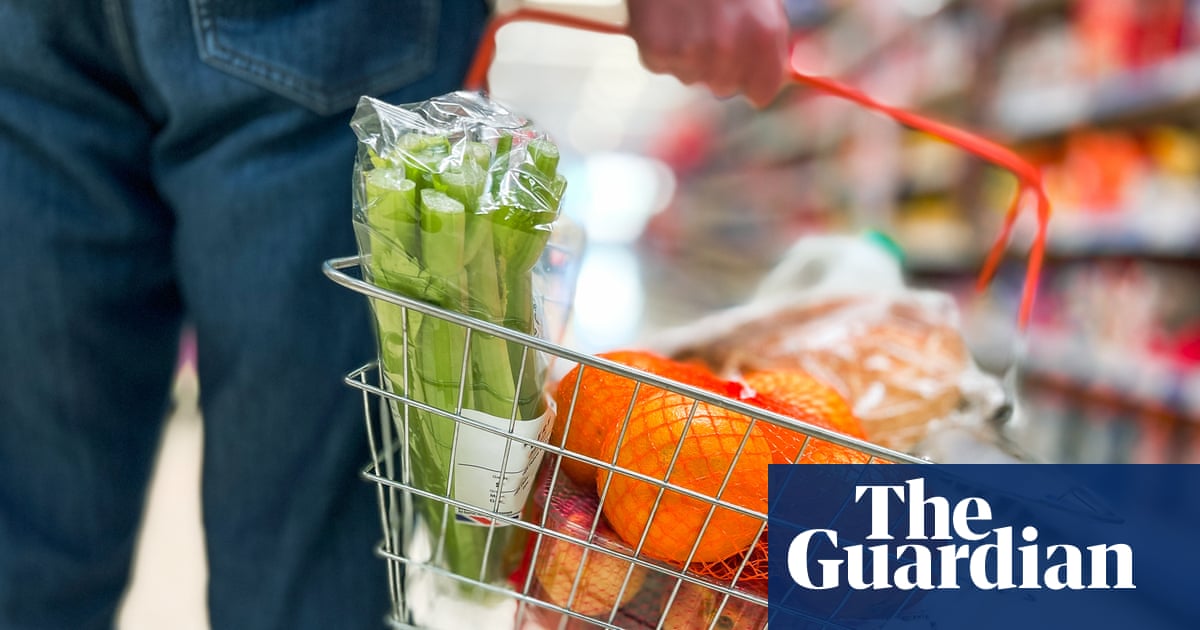
More than one in eight UK households fear they have no further way to make cuts to afford a sharp increase in annual energy bills this autumn.
More than a quarter of households earning less than £20,000 worry they will be unable to cope with higher bills, with families in Yorkshire, the south-west and Northern Ireland the least confident about covering their costs, according to the latest rebuilding Britain index of 20,000 people by Legal & General.
Almost half of UK households are concerned about being able to keep up with rent or mortgage payments over the next 12 months as the majority realise they will have to make cuts elsewhere.
The latest evidence of pressure on households emerges amid the looming prospect of inflation hitting 12% this autumn after dearer fuel and food pushed the official measure of the cost of living to a 40-year high of 9.4% in June.
A one-month jump in petrol prices not seen since at least the late 1980s, coupled with across-the-board increases in food staples such as eggs, milk, cheese and vegetables, sent Britain’s annual inflation rate soaring.
Households in Great Britain are bracing for annual energy bills of up to £3,850 next January, three times what they were paying at the start of 2022, after Russia further squeezed Europe’s gas supplies.
It recently emerged that a fifth of UK households now have an average shortfall of £60 a week between what they earn and what they need to cover essentials such as energy bills, rent, transport and food, as the rising cost of living leaves people with the lowest amount of spare cash in almost five years, according to data from the Asda income tracker collated by the Centre for Business and Economic Research.
The amount that UK consumers borrowed rose by the fastest rate in three years last month, as households struggled to cope with the rising cost of living. People borrowed an additional £1.8bn in consumer credit last month, up from a £900m increase in May, according to the latest Bank of England data.
Pressure on households is expected to ramp up this autumn as the price of essentials – from clothing to food – continues to rise alongside higher energy bills.
Advertisement
Shoppers are switching to discount stores, dropping brands in favour of supermarkets’ own label goods and trimming back spending on luxuries such as subscription services and gambling as they try to make their budget stretch.
Nigel Wilson, the chief executive of Legal & General, said: “Many households across the UK are currently facing very tough financial choices. For some, those choices seem impossible.
“However, what is most concerning is that the impact of the cost of living crisis is being felt more severely in some parts of the UK than in others. This threatens to widen the existing demographic and geographic inequalities that the levelling up agenda was designed to address.”
Almost two-thirds of those asked said that long-term solutions, such as investment in energy-efficient homes and offices, were one of the most attractive answers to tackling the cost of living crisis.
However, it has emerged that the government has dropped plans to add another £1bn to the existing £1bn of funding for home insulation and other measures to help the poorest households reduce energy use under the Energy Company Obligation, as first reported by Bloomberg.
Efforts to tackle reducing bills for those on low incomes have also been stymied by holdups related to Brexit and Covid, which have left about £30m of other funds – including the Social Housing Decarbonisation Fund – partly unspent. Cuts on central government investment since 2012 have resulted in the pace of insulating homes slumping in the past decade, making the energy crisis more acute.
Meanwhile, the UK’s petrol prices are the second highest in Europe, according to new data from the RAC breakdown recovery service. UK drivers pay an average pump price of 186p, as much as 20p more per litre of petrol than drivers in Spain and France, according to the research. The UK is, meanwhile, ranked 12th in terms of temporary tax cuts on petrol, well behind Germany, Italy and the Netherlands.
Simon Williams at the RAC said: “This analysis lays bare an uncomfortable truth for the UK government – that compared with other European countries, it’s pretty much done the least to support drivers through the current period of record high fuel prices. The result is the UK being one of the most expensive places to fill up and putting it above other countries that have historically charged more for fuel than UK retailers do, including France and the Netherlands.”












